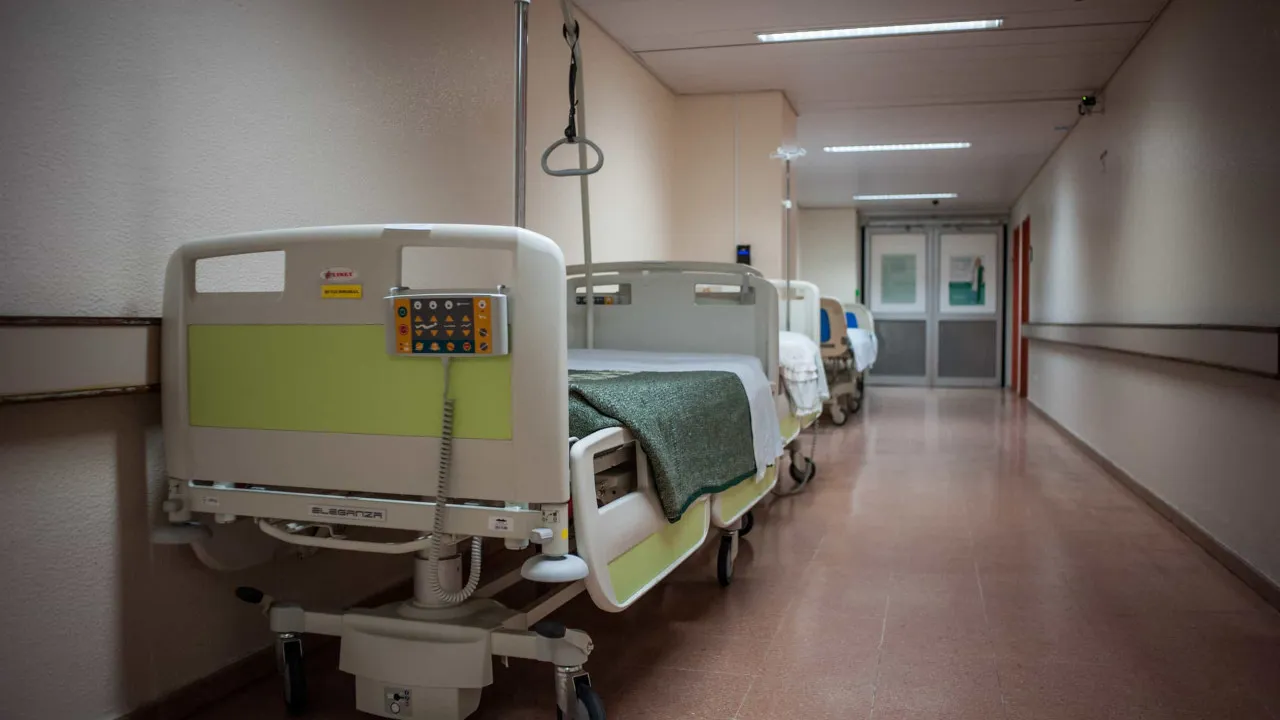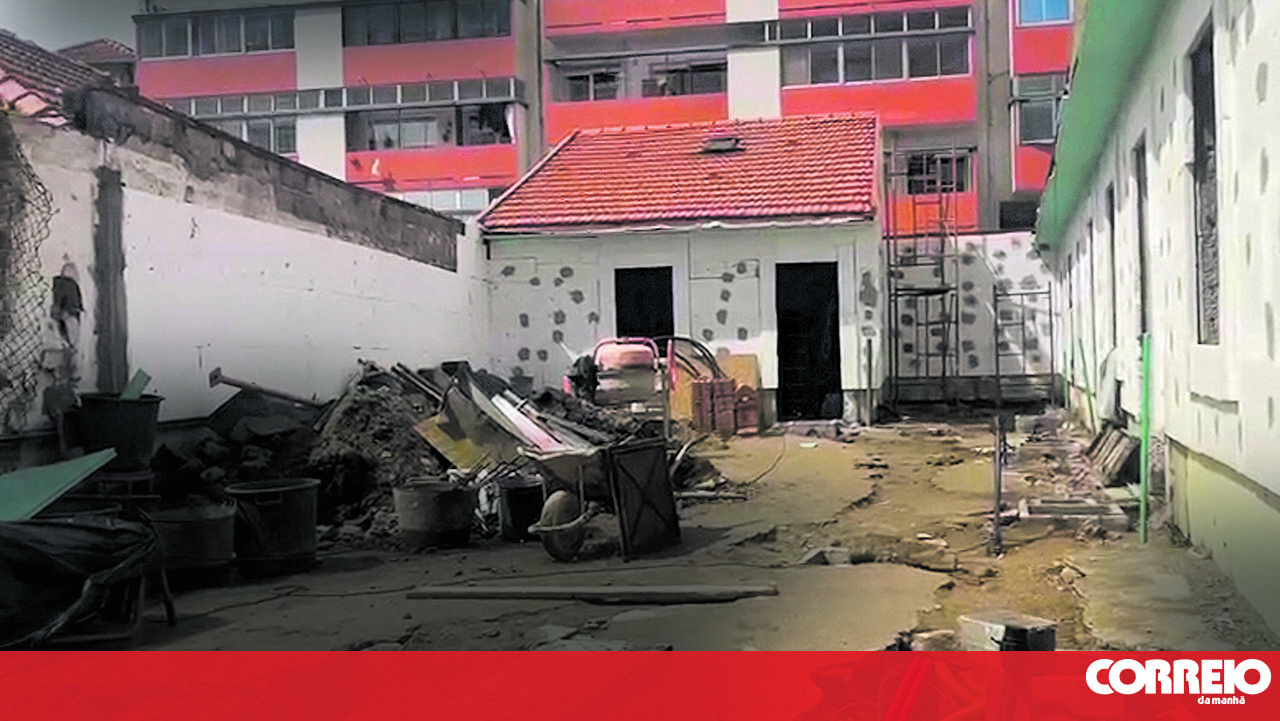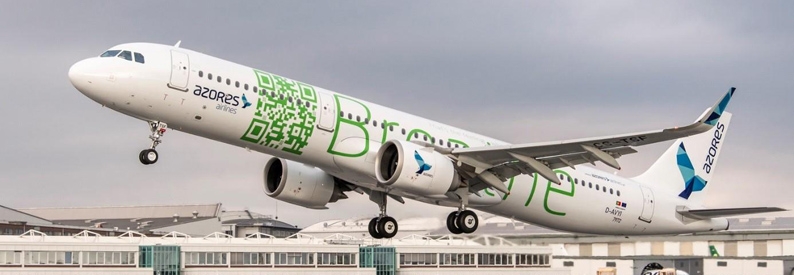Transforming Schools into Community Hubs
Imagine dining in school cafeterias, enjoying concerts in auditoriums, swimming in community pools, or simply reading a book under the shade of a tree in the courtyard. This is the vision of Manuel Banza, a 32-year-old data enthusiast from Lisbon, who proposes a radical transformation of the city's schools into community spaces.
Inspired by Barcelona
Drawing inspiration from Barcelona, where schools serve as climate refuges to escape the city's heat, Banza highlights the underutilization of school spaces in Lisbon. He poses a thought-provoking question: What if schools could meet the needs of the neighborhoods they serve?
“What infrastructures and facilities do we have in schools, and what needs do we feel in our neighborhoods?”
The Proposal: “Living Schools”
Banza's proposal, part of his Master's thesis in Urbanism at the Institute of Advanced Architecture of Catalonia, suggests creating “living schools” that would open their gates on weekends and holidays. This initiative aims to fulfill various community needs, including:
- More communal spaces for gatherings
- Shaded areas for relaxation
- Support for local entrepreneurship, like using school kitchens for business ventures.
 Manuel Banza is the author of this investigation. Photo: Líbia Florentino
Manuel Banza is the author of this investigation. Photo: Líbia Florentino
Pilot Project in Arroios
Banza identifies six potential schools for a pilot project, including:
- Liceu Camões
- Escola Básica O Leão de Arroios
- Secundária D. Luísa de Gusmão
- Escola Básica Sampaio Garrido
- Escola Básica N.º1 de Lisboa
- Externato Primário da Associação Pró-Infância Santo António de Lisboa
These schools are located in Arroios, a neighborhood characterized by high population density and a lack of community infrastructure.
Engaging the Community
The “Living Schools” project aims to replicate this model citywide, requiring approval from the Lisbon City Council. Banza has already had positive discussions with council technicians, indicating a shared interest in the initiative. Once approved, the next step involves identifying a suitable neighborhood and collaborating with interested organizations.
Building Safe Routes
Banza emphasizes the importance of safe pathways for children and families, encouraging walking over driving. The school could become a central hub for the neighborhood, fostering connections across generations and disseminating local information.

Addressing Challenges
However, the project faces challenges, particularly regarding governance and funding. Banza suggests that the initiative should be self-funded by users rather than adding costs to public education.
Schools Leading the Way
Some schools in Lisbon are already embracing this community-centric model. For instance, Agrupamento de Escolas Gil Vicente hosts community initiatives such as:
- Changing (H)earth – A project promoting environmental sustainability.
- Cultiva – A community-focused agricultural project.
- Brincapé – A project aimed at creating public parks.
Additionally, Escola Secundária Camões hosts cultural events, including film cycles and live concerts, showcasing the potential of schools as community spaces.

Conclusion
As Portugal undergoes a decentralization of schools, Banza asserts that now is the perfect time to launch this transformative idea, which could significantly enhance community engagement and resource utilization in Lisbon's educational institutions.
















Comments
Join Our Community
Sign up to share your thoughts, engage with others, and become part of our growing community.
No comments yet
Be the first to share your thoughts and start the conversation!